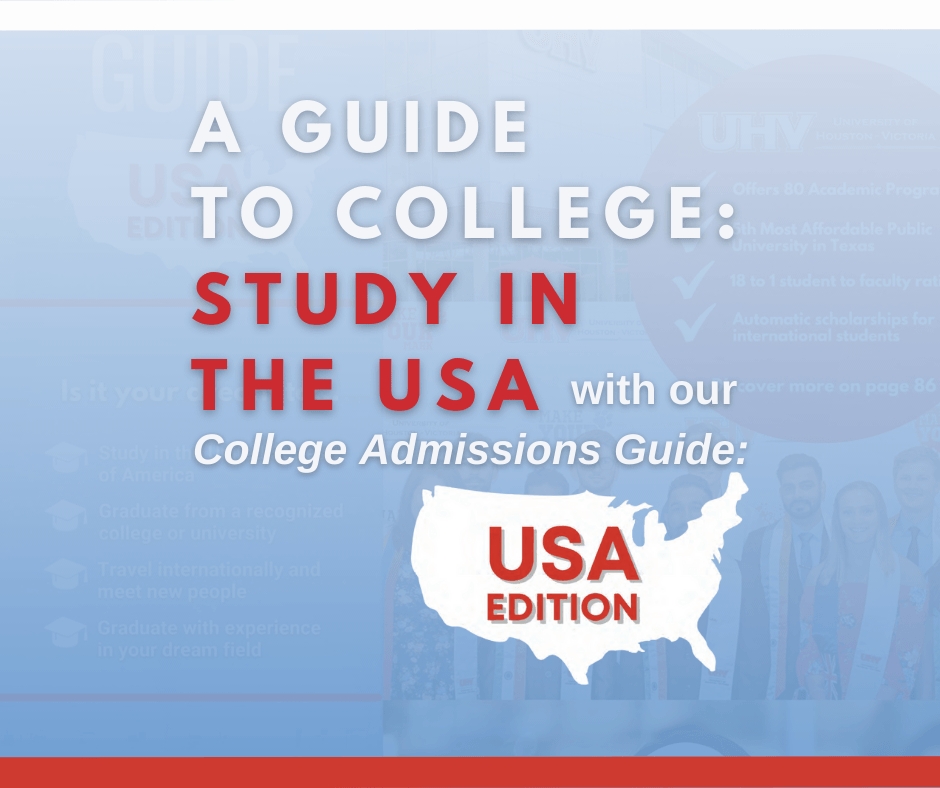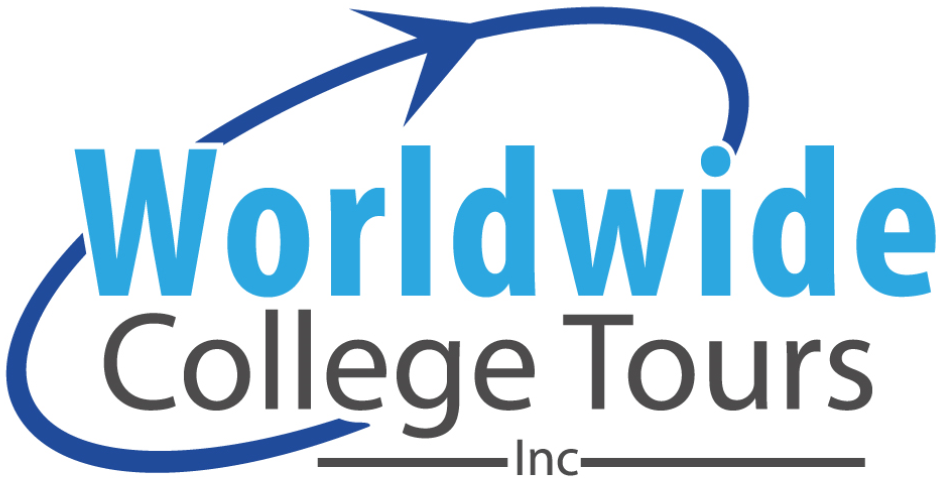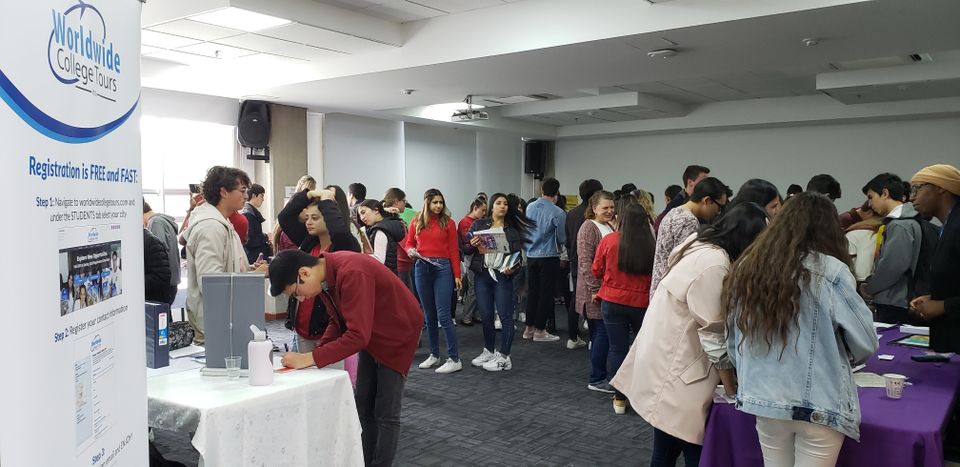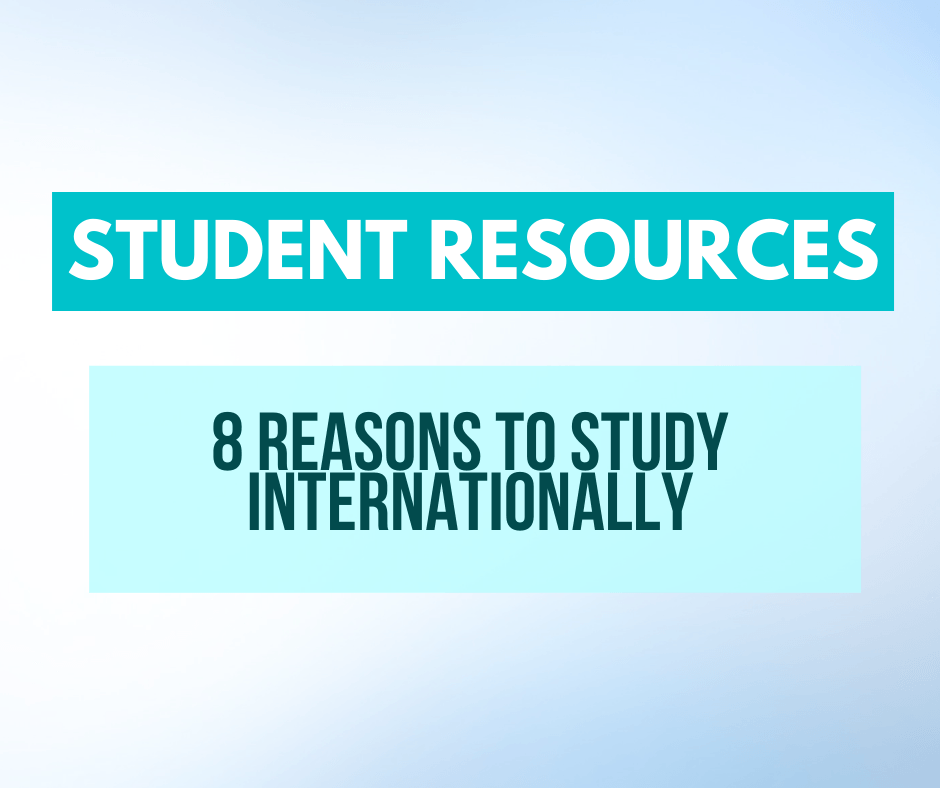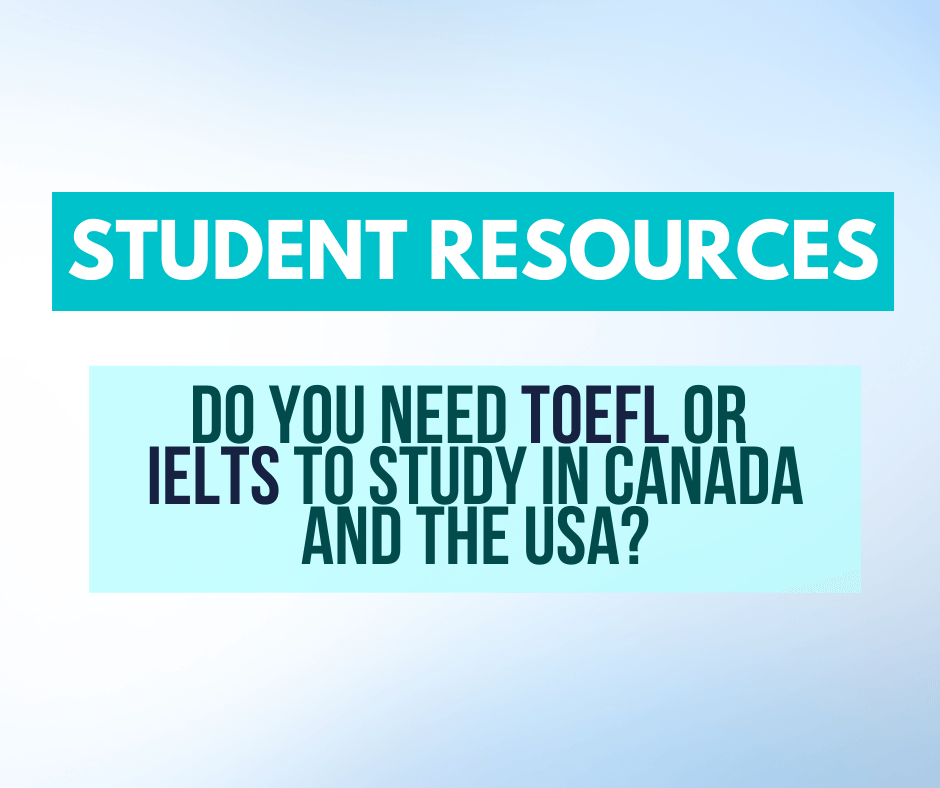Commonly Asked Questions by International Student Recruiters
From our experience, the common marketing strategies made by student recruitment offices are not well taken by international students. As values and cultures differ, recruitment strategies must change when targeting different continents, countries, and types of students. Many students around the world are interested in studying abroad, but they are lacking important information to help influence their decision. To improve your school’s recruitment strategy, we are answering some of the commonly asked questions by international student recruiters.
What’s the difference between marketing and student recruitment?
Marketing and student recruitment share many similarities. Through student recruitment you are essentially connecting your institution to one or several types of students. Since international student recruitment can involve more face time with potential applicants, there is a higher need placed on in person recruitment rather than documents and materials being randomly sent through arm-chair & online marketing. Arm-chair marketing is exactly that. Staying in your office and paying for advertising to target potential students in a certain region or of a certain demographic. Both are effective, especially when you do them both. If you have to choose one of the other, statistics show you will receive more potential students and applicants (dollar for dollar) on in person recruitment efforts than with arm-chair marketing.
Where should I start my student recruitment efforts?
Start by evaluating your schools’ demographics. If you are experiencing a high number of applications from a specific area, you might want to consider investing time into that area with recruitment efforts. In addition, your school should also pay attention to certain areas that seem to be lacking applicants – diversity and a wide range of students helps encourage the inflow of international students and cultural diversity. Consequently, the admissions department shouldn’t focus all their efforts into one area or one market, but rather rotate between areas throughout the year.
Which areas are considered most beneficial to recruit in?
The best areas of recruitment really depend on your school and what you offer to students. However, there are excellent and eager students located around the world – so, there isn’t one area that’s considered the best. You can narrow down your location selection process by selecting the type of program or area you want to recruit for. Then, refer to our Marketing Document (please contact us if you haven’t received a copy) to find the areas with documented student interest.
Our research has also found certain types of high schools to educate students to prepare for careers in particular fields. Recruiting in areas with these types of high schools can improve your recruitment efforts.
Which high schools are best for recruiting students?
Around the world there are different types of high schools, but they can be categorized into the following:
- Public
- Private
- Magnet
- Military
- Boarding
- Religious
- And others…
Depending on your institution and its program offerings, student life, sports, etc. you will want to consider looking at the types of high schools in the city you are considering visiting. In the case of sport inclined students, there is not one type of high school to recruit from – as students of different strength levels can study at different schools. Between public or private schools, there will be a higher number of students who can afford an international tuition that come from a private school. Academically inclined students, especially coming from an IB or AP background are also more inclined to travel internationally.
What’s better for my recruitment strategy, large scale events or private/high school visits?
Each type of recruitment effort is beneficial for attracting students. Here’s how you can decide which fair style is best for your recruitment strategy and budget:
Large Scale/Convention Hall Events
The number of convention hall events being hosted internationally is very scarce. There will be a limited selection of dates and locations. This is due to the fact that larger events are more difficult to manage with international students. Although there is a growing interest on studying internationally, having so many education options from around the world can be difficult for students and their families to navigate.
These types of event typically don’t yield as much of a positive result and typically have higher costs associated – schools will need to cover travel expenses, marketing, registration, booth set up and also a large number of materials (books, trinkets, etc.).
Solo Travel
Traveling alone or with another like-minded school is a great option for seasoned officers. Once your team has a connection with several guidance counselors in an area, you can arrange to meet with their students. To travel on your own, you need to have some contacts and connections with high schools or a way to reach large groups of students.
Solo travel can yield positive results and high ROI. Once you’re connected with guidance counselors they can directly help you gauge current students’ interest. In this case, you will need to cover and also arrange all travel along with materials, time frames and all other planning.
Private High School Visits
Like the ones hosted by Worldwide College Tours, private high school visits ensure meeting with students who are interested in, academically prepared to, and financially able to study internationally.
Private events have a high ROI and involve minimal planning by the admissions team. Most details are arranged: timelines for visits, accommodation, and other travel details. It is also the perfect opportunity to connect with guidance counselors and other school staff to arrange solo travel visits for the future.
What can I expect during a high school visit?
Whether you are travelling alone or with a group, a high school visit can be one of the best ways to interact with potential applicants. Students are in their own element and focused on their studies – they will most likely be thinking of or in the process of deciding on their future. During a high school visit you will speak to students with a group of their friends who are interested in learning about their options. Sharing some of the key notes about your school (popular programs, location, activities/sports/groups) will entice them to lean in and learn a little more.
We always encourage admissions representatives to bring along a note pad to take down the information of students who are very interested to follow up immediately after the high school visit. Meet with serious applicants the same day or next with a parent or guardian and help solidify an interested student into a prospective one.
How can I organize my own high school visits?
If you haven’t been to an area before
If you are looking to target a new market you should always start by reaching out to high school guidance counselors. They are sort of the ‘gate keepers’ into the school. Their input can help you gage student interest. In most schools, guidance counselors are typically in charge of organizing college and university fairs and visits – you will be able to organize the visit with their assistance. Contact information on guidance counselors can be found on a schools website or by simply calling and asking.
After previously visiting an area
Once you’ve been to a high school, it’s a great idea to connect with the schools’ guidance counselor or principal. Making that connection can help you organize follow up events or even have the counselor connect students with you directly.
During a Worldwide College Tour event, we directly connect each representative with the guidance counselor and any other influential school personnel. You are able to exchange contact information and ask questions to help build that relationship for individual visits in the future. We are now also hosting a Counselor Dinner after the events in each city, where you can speak with guidance counselors from a variety of schools in the city. It’s a great chance to connect with counselors of schools we weren’t able to visit.
How can I encourage a positive relationship with high school guidance counselors?
Regularly connect with high school counselors to see if they need anything from your department. Helping to answer questions or provide new information can alleviate some of their work – and who doesn’t love that!
Always send or bring informational documents to schools when:
- First meeting with a school
- Documents are updated
- New materials are available
- When requested by them
Which marketing materials should we send to high schools?
Any guides, pamphlets, brochures or other documents discussing topics like:
- Admissions steps, requirements, etc.
- Programs offered
- Campus Life/Residence
- Sports
- And more…
Some schools choose to send small flags or trinkets, but these usually stay with the guidance counselors. It’s best to send a few of each document and resend whenever they are updated or reprinted so the counselor can share them with students and parents.
What should I do if my school hasn’t seen a high ROI on recruitment events?
Just because you haven’t seen an immediate ROI, it doesn’t mean that your school won’t attract any students from said events. One of the best parts of recruitment events is the free marketing that follows. Although a student might not be interested in applying right away, who’s to say that they won’t share your school’s information with their friends, family, school and more? Keep in mind that most high school events are for students in the last 3 grades of high school, so the leads you receive can typically be used for a lot longer and allow you to keep in touch with students to foster that relationship.
How can I measure my ROI?
Measuring recruitment strategy ROI is very tedious. Relying on the immediate data (students that apply during/immediately after the event) isn’t always conclusive. Many institutions have goals for each recruitment trip/fair, but knowing which events actually produce positive results is tricky. Unless you have a very detailed and strategic system the continuously records, updates, and matches lead with applications, knowing your exact ROI won’t be possible.
A few common situations that lead to an inconclusive ROI are:
- Family member or friend applying to the school as a result of word of mouth – impossible to match to records
- Incorrect data collected – misspelled names, emails, phone numbers in collected lead
- Possibility of late applicant – student applying months or years after
- Leads discarded or improperly kept or duplicated
- Students apply/are accepted without any or very little communication with international admissions team
As mentioned, it’s difficult for an international recruitment team to properly keep records knowing exactly which recruitment efforts are yielding the student number goals. As long as you have a solid follow-up process, send guidance counselors additional materials, and do following marketing, your efforts should produce and ROI.
Have a question that wasn’t answered in this post? Ask us in the comments below and we’ll include it in our next post!
Ready to join us in the Caribbean, Central America, Latin America, Canada, or the USA on our high school fairs? Click here to see our upcoming tour schedule!
